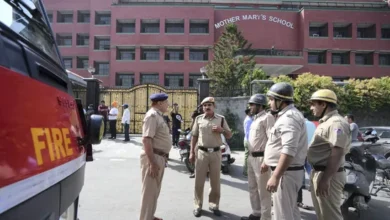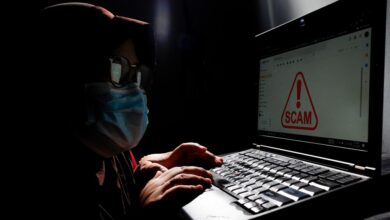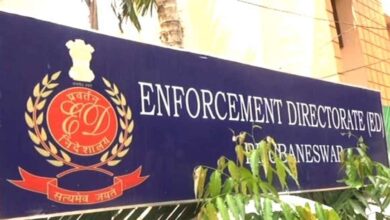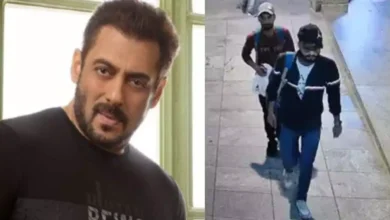40% of current lawmakers are involved in criminal proceedings, 25% of which are serious: ADR
306 of the 763 Members of Parliament (MPs) have active criminal proceedings against them, 194 currently serving MPs have been found guilty in serious criminal offences.
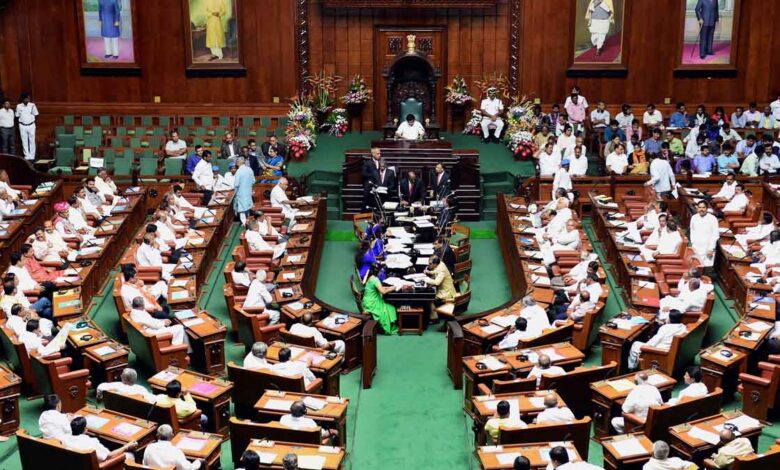
According to a report issued on Tuesday by the Association for Democratic Reforms (ADR), at least 306 of the 763 Members of Parliament (MPs) assessed have active criminal proceedings against them. The investigation also disclosed that 194 currently serving MPs had listed significant criminal offences on their self-sworn affidavits. The affidavits that these MPs provided before taking part in their most recent elections and any subsequent by-elections were examined by the ADR for this analysis. Due to the absence of these documents, the affidavits of three Rajya Sabha MPs and one Lok Sabha MP could not be examined.
The Lok Sabha has four vacant seats, the Rajya Sabha has a single vacant seat, while Jammu and Kashmir has four unfilled Rajya Sabha seats. These results apply to all 776 Lok Sabha and Rajya Sabha seats in the country.
“Out of the 763 sitting MPs, 306 MPs have been declared to have criminal cases running against them. While 194 sitting MPs have declared serious cases such as attempt to murder, murder, crimes against women, etc” stated the report.
Statewise declarations-
Kerala topped the list of MPs who claimed there were criminal cases in their self-sworn affidavits (79%)
The paper also highlighted a few particular finds. In one instance, it stated that all MPs in Lakshadweep (100%) had filed self-incriminating affidavits declaring criminal cases against them. While 41 out of 56 MPs (73%) in Bihar had cases filed against them, 23 out of 29 MPs (79%) in Kerala had similar disclosures. Telangana had 13 out of 24 MPs with such declarations, while Delhi had 5 out of 10 MPs (50%) with criminal offences declared on their affidavits. Maharashtra had 37 out of 65 MPs (57%) with such declarations.
Serious criminal records-
The investigation also showed the state where the greatest proportion of sitting MPs have serious criminal histories. All of the MPs of Lakshadweep (100%) had significant criminal cases included on their affidavits. In Telangana, 9 out of 24 MPs (38%) had such statements, compared to 28 out of 56 MPs in Bihar (50%) who had major charges. In Kerala, 10 out of 29 MPs (or 34% of the total) had major criminal cases; in Maharashtra, 22 out of 65 MPs (or 34% of the total); and in Uttar Pradesh, 37 out of 108 MPs (or 34% of the total) had serious criminal cases.
Highlighting political parties-
In-depth statistics about severe criminal cases involving various political parties were also presented in the paper. It was discovered that 98 of the BJP’s 385 MPs, or 25% of them, had listed significant criminal charges on their affidavits. 26 out of 81 MPs (about 32%) in the Congress party made comparable claims. While the RJD had 3 out of 6 MPs (50%) with major criminal offences, the AITC had 7 out of 36 MPs (19%). Two out of every eight (25%) CPI(M) MPs and one out of every eleven (9%) AAP MPs had such declarations.
The NCP had 2 out of 8 MPs (25%) and the YSRCP had 11 out of 31 MPs (35%) who reported significant criminal offences in their affidavits.
The research also emphasised specific criminal charges, showing that 11 currently serving members of parliament had cases involving murder (Indian Penal Code Section 302), 32 currently serving members of parliament had cases involving attempted murder (IPC Section 307), and 21 currently serving members of parliament had cases involving crimes against women. Four of the 21 MPs listed rape charges (IPC Section 376) on their affidavits, making them part of the group.
Conclusion-
The factors that contribute to so many known or suspected “criminals” being elected in India have once again been the subject of intense discussion throughout this election season.
The relative ignorance of the electorate is crucial because it leads many voters to vote for corrupt people since they are unaware of who has been found guilty of significant crimes, much alone who is under suspicion for such crimes. The activities of civil society organisations like the Association of Democratic Reforms and National Election Watch are partially motivated by this thinking. Making sure that voters are aware of who they are voting for at the polls could be the answer if lack of information is the issue.
Please, also have a look into : US lawmakers to attend PM Modi’s address at Red Fort on Independence Day
